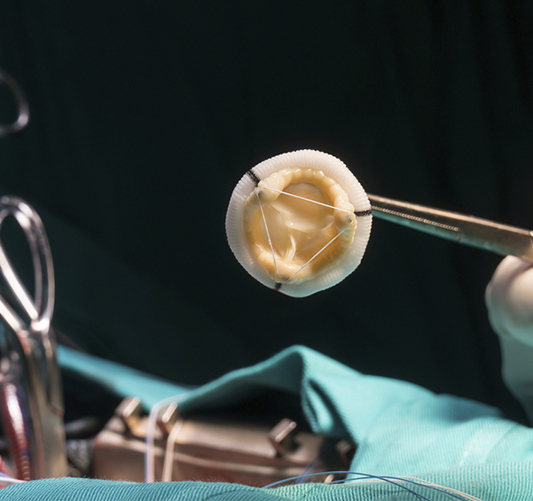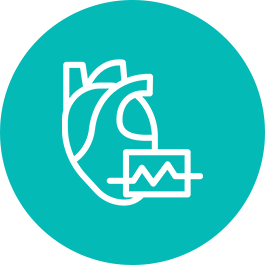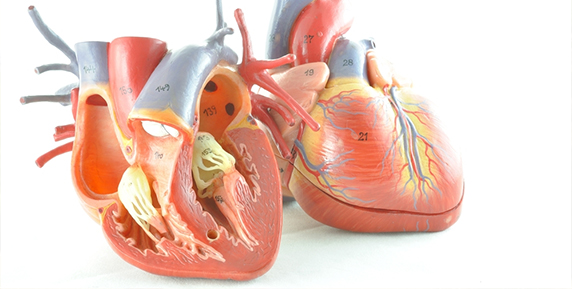Valve Replacement

There are two primary categories of valve replacements: mechanical valves and biological valves. Mechanical valves, constructed from durable materials like metal or ceramic, have a prolonged lifespan but necessitate lifelong blood-thinning medication to prevent clotting. In contrast, biological valves, sourced from animal tissue or human donors, do not require extended blood-thinning treatment but may necessitate replacement after a certain period. Valve replacement surgery aims to restore regular blood flow within the heart, alleviate symptoms, and enhance overall heart function. It can notably improve the patient’s quality of life and mitigate the risks associated with untreated valve conditions, such as heart failure or complications in other organs.
Reasons why a Valve Replacement may work for you







To restore proper heart function
Valve replacement emerges as a compelling choice for restoring optimal heart function. By effectively substituting dysfunctional heart valves, it can relieve symptoms, enhance blood circulation, promote overall well-being, and prolong life expectancy.
To improve quality of life
Improve your quality of life with valve replacement. Rectify valve dysfunction to boost energy levels, alleviate breathlessness, shield against heart damage, and promote overall wellness.


To relieve symptoms and enhance physical activity
If you suffer from intense symptoms such as breathlessness, chest pain, or fatigue resulting from a defective heart valve, undergoing valve replacement surgery can markedly enhance your quality of life and facilitate greater physical activity.
To prevent further damage to the heart
Valve replacement becomes essential when heart valves sustain damage or become diseased, as this situation can compromise heart function and elevate the likelihood of heart failure.


To reduce the risk of complications
Valve replacement can reduce complications, improve heart function, and enhance quality of life, rendering it a worthwhile option to contemplate.
To prolong life expectancy
Valve replacement prolongs life by reinstating heart function. It is recommended in cases of severe valve damage or disease, leading to overall health improvement and enhanced quality of life.


To address severe valve disease
When severe valve disease manifests symptoms such as breathlessness, chest pain, or fainting, and does not respond to medical intervention, valve replacement might become essential to reinstate regular heart function.
To improve heart valve function
Valve replacement improves heart function by addressing valve problems like stenosis or regurgitation, thereby restoring blood flow and enhancing quality of life. This lowers the risks of heart failure and related complications.


To enhance overall cardiovascular health
When severe valve damage is present, choosing valve replacement can substantially improve cardiovascular health.
To optimize long-term heart function
Valve replacement, by correcting valve abnormalities, optimizes heart function in the long term, improving cardiac efficiency and preventing both heart failure and diminished overall function.

